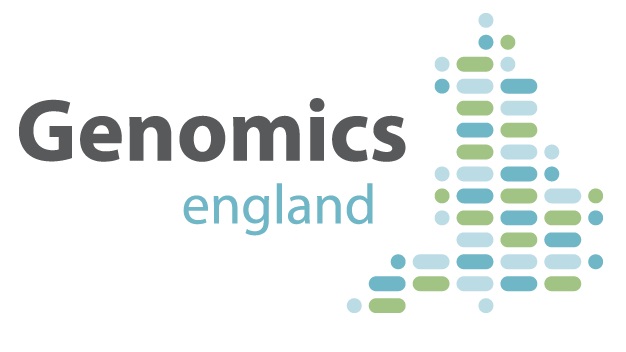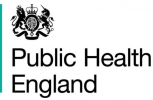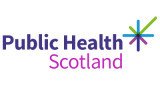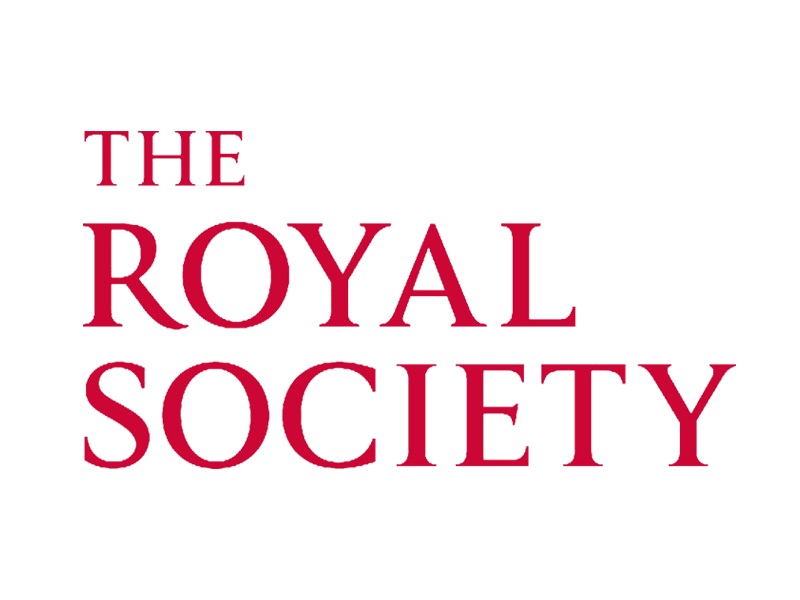Big Data Institute (BDI): against COVID-19 Hub
.jpeg)
Big Data Institute (BDI) at Oxford University
https://www.bdi.ox.ac.uk/
The Big Data Institute (BDI) is an interdisciplinary research institute that focuses on the analysis of large, complex, heterogeneous data sets for research into the causes and consequences, prevention and treatment of disease. BDI researchers develop, evaluate and deploy efficient methods for acquiring and analysing information for large clinical research studies. These approaches are invaluable in identifying the associations between lifestyle exposures, genetic variants, infections and health outcomes around the globe. The BDI is part of the Li Ka Shing Centre for Health Information and Discovery at the University of Oxford's Old Road Campus.
Project: Bugbank
http://www.bugbank.uk/
Bugbank is a project that aims to link infection data from Public Health England to improve the study of infection in the UK Biobank cohort.
Infection is a major cause of poor health and early death around the world. We are all exposed to infectious microbes, but what is unclear is why some people succumb to infection when others do not? And why some infected people become seriously unwell, when others do not? The Bugbank project is developing infrastructure to help researchers address these questions.
Bugbank is a collaboration between the Oxford Big Data Institute, Public Health England (PHE) and UK Biobank (UKB). PHE is responsible for surveillance of infections and antimicrobial resistance in England. UKB is an ongoing study of common diseases in a cohort of 500,000 people aged over 40 when they were recruited in 2006-2010. UKB allows researchers to study the effects of lifestyle, environment and human genetics on disease.
The objective of Bugbank is to link infection data from PHE to improve the study of infection in the UKB cohort. We have developed a system to dynamically link daily reports of infections in the PHE Microbiology database with the UKB system. This linkage of systems enables the identification of infections that have occurred in UKB participants.
In addition to data linkage, we are piloting the feasibility of retrieving microbial cultures from UKB participants through clinical diagnostic labs for further microbiological and genetic analysis. This could be used to fulfil the long-term Bugbank objective of performing joint human-microbe studies to better understand the lifestyle, epidemiological and genetic risks for common infections in a large cohort over time.
There are three phases to the Bugbank project:
. Incorporate infection data from PHE (e.g. microbial species, infection type, antibiotic susceptibility data) into UK Biobank to improve the information available to scientists studying the UKB cohort. This linkage would provide researchers with greater granularity over infection types, improving the chances of finding risk factors for infection.
Progress from periodic (e.g. annual) linkage of PHE data and UKB, to a dynamic linkage system which incorporates new infection data on a frequent (up to daily) basis. This enables phase 3 and could be repurposed for rapid response to Covid-19 (see below).
. Assess the practicality of identifying and retrieving the microbial cultures from infections occurring within the UKB cohort from clinical diagnostic labs in England for further microbiological and genetic investigation.
. The computer systems required for phases 1 and 2 have been created and tested. You can read about the results of phase 1 here. The data from phase 1 will become available to UKB researchers pending a PHE-UKB contractual agreement. An article summarising phase 2 is in preparation. Retrieval and storage of the microbial samples (phase 3) has started and looks promising.
Covid-19
In light of the ongoing pandemic, the systems we have put in place for Bugbank could be deployed to study Covid-19 infection caused by the novel coronavirus SARS-CoV-2 in near-to real time. The linkage of data between PHE and UKB may enable researchers around the world to look for genetic, epidemological and lifestyle risk factors for severe infection. This information could provide invaluable clues as to why some people develop mild symptoms while others develop life-threatening disease. The repurposing of phase 2 for studying Covid-19 is ongoing, with updates to follow here.




%20Consortium.png)
.jpg)








